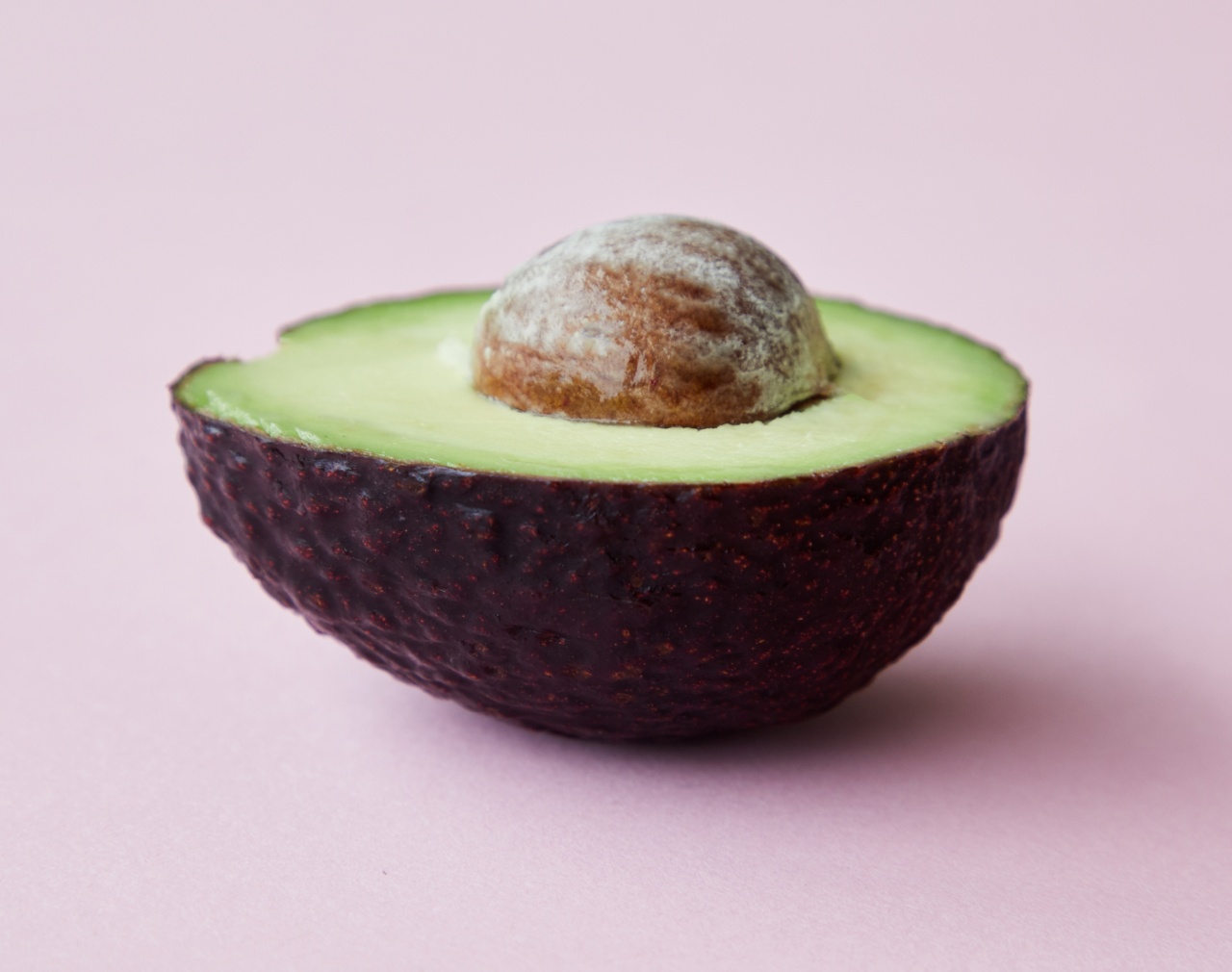As we age, our bodies undergo various changes that can impact our health and longevity. One area of interest in aging research is the role of protein intake and the process of “protein cutting”.
This article will discuss the impact of protein cutting on longevity and the potential benefits of reducing protein intake to promote healthy aging.
What is Protein Cutting?
Protein cutting, also known as proteolysis, is the process by which proteins are broken down into smaller components.
This occurs naturally in the body as part of normal cellular activity and is necessary for a variety of essential processes, such as the maintenance of muscle mass and the production of new proteins.
However, over time, the accumulation of damaged or misfolded proteins can lead to increased proteolysis and the release of harmful byproducts, such as free radicals.
This, in turn, can contribute to the aging process and the development of age-related diseases.
The Link Between Protein Intake and Aging
Research has found that high levels of protein intake may be linked to increased mortality and a higher risk of chronic diseases such as cancer, diabetes, and cardiovascular disease.
While protein is an essential nutrient for the body, excess intake can place a strain on the liver and kidneys, as well as contribute to inflammation and oxidative stress.
Interestingly, studies have also shown that reducing protein intake may have health benefits, such as:.
- Lowering blood pressure
- Reducing inflammation
- Improving insulin sensitivity
- Reducing the risk of cancer
- Promoting healthy aging
The Impact of Proteolysis on Longevity
Protein cutting is a natural process that occurs in the body, but it can become dysregulated with age.
As we get older, our cells become less efficient at clearing out damaged or misfolded proteins, which can lead to the accumulation of harmful byproducts and contribute to the aging process.
Aging is also associated with an increase in oxidative stress, which can further damage proteins and lead to increased proteolysis.
This cycle of damage and breakdown can contribute to the loss of muscle mass, reduced cellular function, and a higher risk of age-related diseases.
Research has found that reducing protein intake, particularly in the form of animal protein, may help to slow the aging process and promote healthy longevity.
One study published in the journal Cell Metabolism found that mice on a low protein diet lived significantly longer than those on a high protein diet, with a 40% increase in median lifespan.
The Benefits of Reducing Protein Intake
Reducing protein intake may have numerous health benefits, particularly for older adults. Here are some potential benefits of lowering protein intake:.
Reduced Risk of Chronic Diseases
High levels of protein intake have been linked to an increased risk of chronic diseases, such as cancer, diabetes, and cardiovascular disease.
By reducing protein intake, individuals may be able to lower their risk of these diseases and improve overall health and longevity.
Improved Muscle Function
While protein is essential for maintaining muscle mass, excess intake can lead to a strain on the liver and kidneys, as well as contribute to inflammation and oxidative stress.
By reducing protein intake and focusing on nutrient-dense plant-based foods, older adults may be able to maintain healthy muscle function and improve overall metabolic health.
Reduced Inflammation
Chronic inflammation is associated with a range of age-related diseases, including Alzheimer’s disease, osteoporosis, and cancer.
Research has found that reducing protein intake can lead to a decrease in inflammation markers in the body and may improve overall immune function.
Improved Longevity
As discussed earlier, reducing protein intake may have a positive impact on healthy aging and longevity.
By reducing the accumulation of damaged proteins and oxidative stress, older adults may be able to delay the onset of age-related diseases and enjoy a longer, healthier life.
The Bottom Line
While protein is an essential nutrient for the body, excess intake can place a strain on the liver and kidneys and be detrimental to overall health and longevity.
By reducing protein intake and focusing on nutrient-dense plant-based foods, older adults may be able to improve overall metabolic health, reduce inflammation, and enjoy a longer, healthier life.































